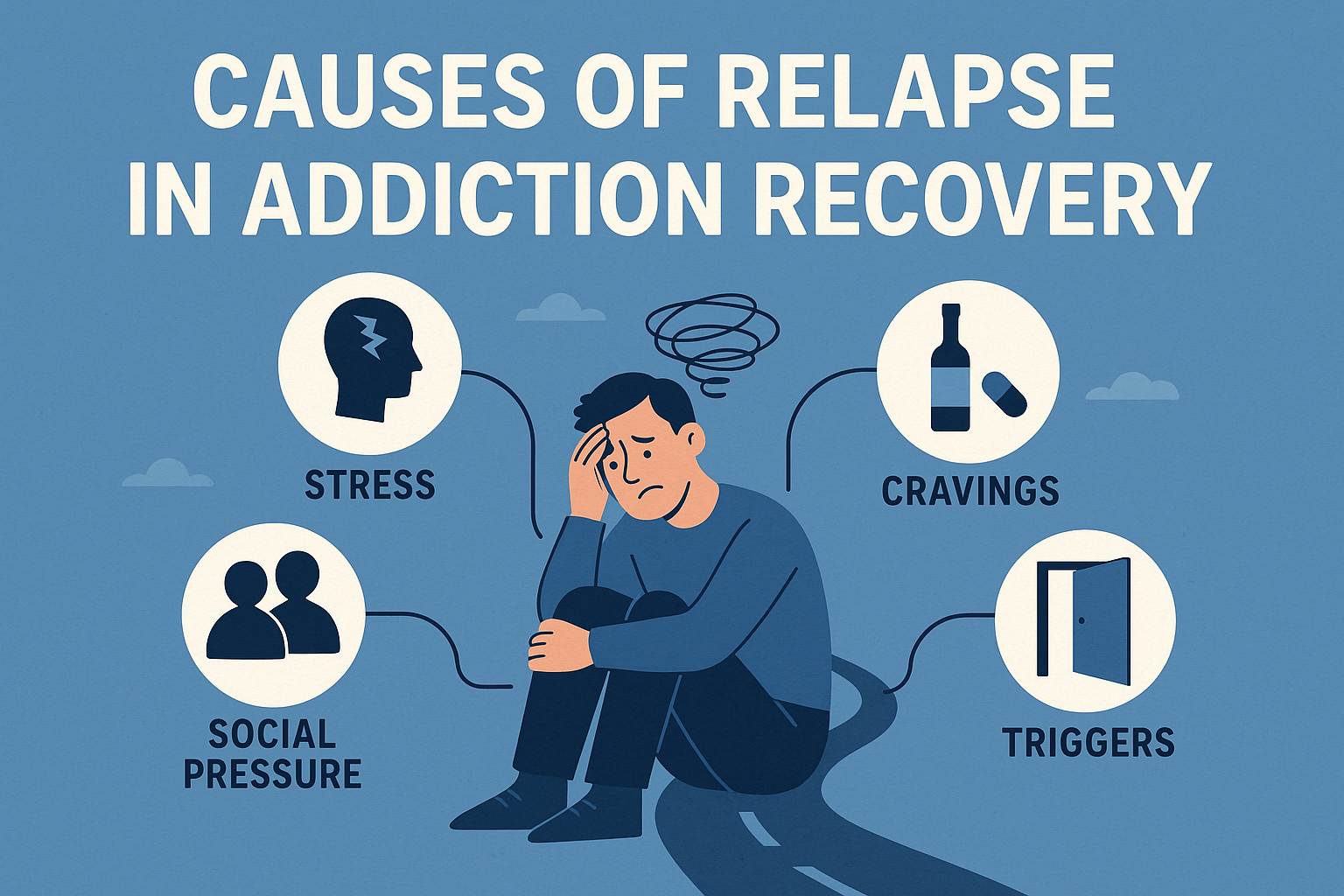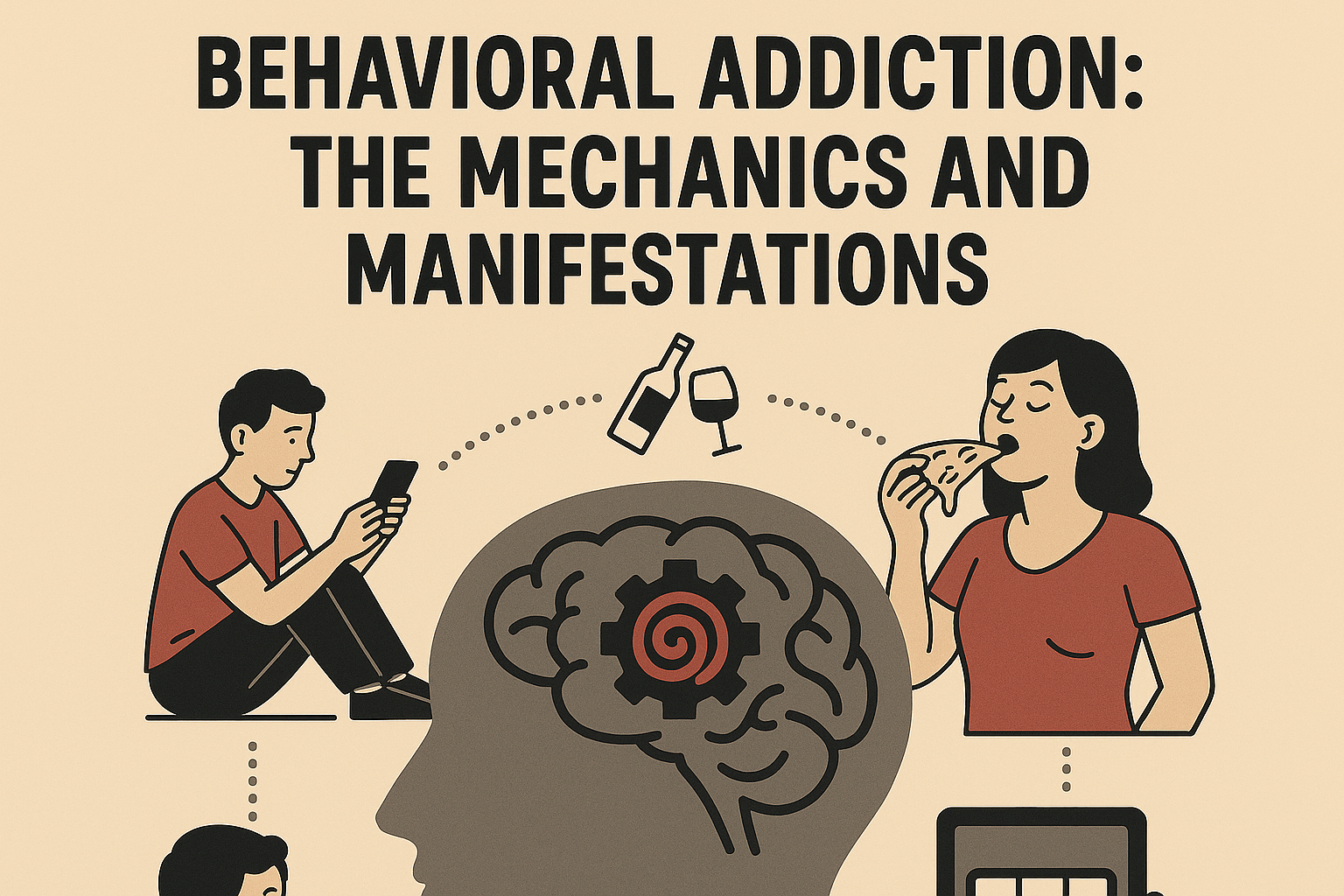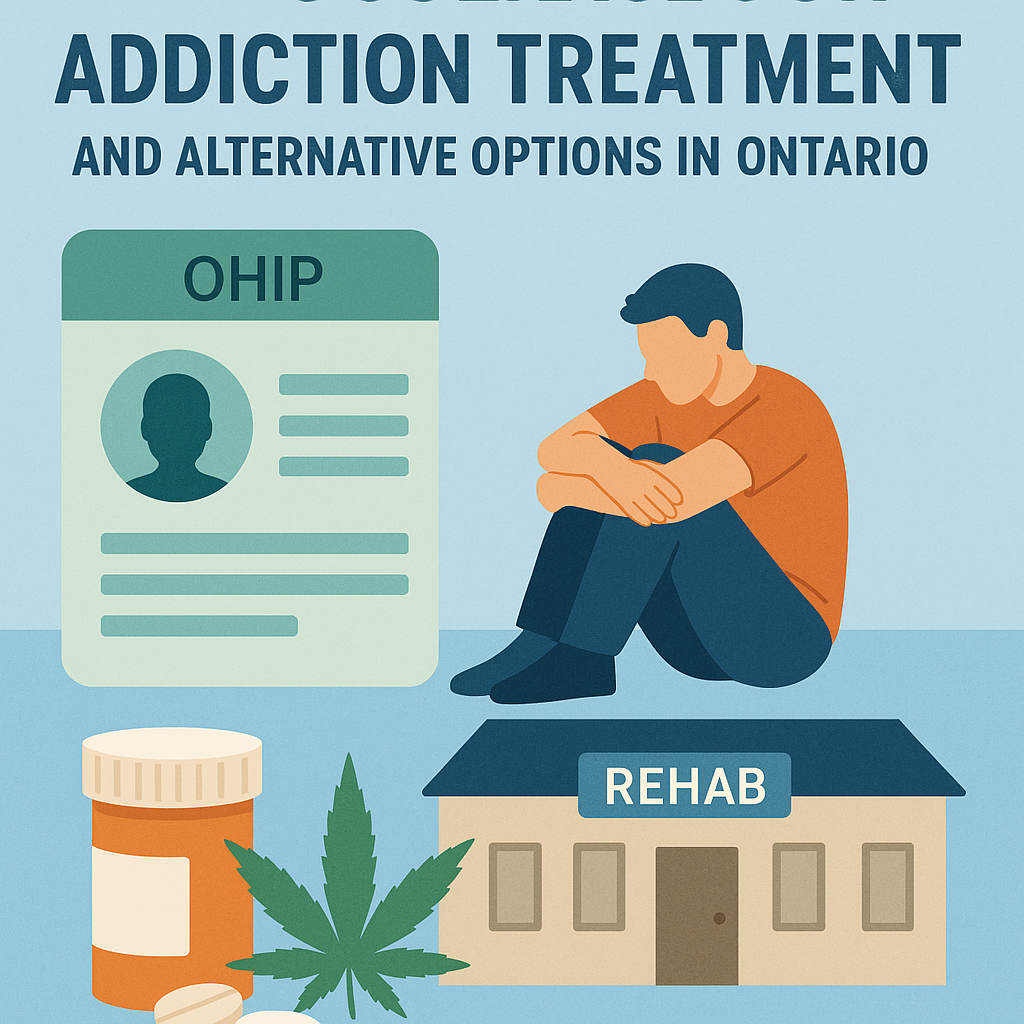
The journey of addiction recovery is akin to navigating a labyrinth; it’s complicated, full of twists and turns, and requires constant vigilance. While many successfully traverse this maze, reaching the all-important milestone of long-term sobriety, others encounter setbacks along the way. The phenomenon of relapse is an unfortunate but all too common part of this journey. This blog aims to explore the underlying causes that can trigger a relapse during addiction recovery.
Stress: The Invisible Trigger
Stress, whether emanating from work, relationships, or financial woes, can act as an incredibly potent relapse trigger. The human brain is wired to seek relief in moments of tension, and for those with a history of substance abuse, this relief may be sought in the form of drugs or alcohol. Managing stress through healthier avenues like exercise or meditation is crucial but often overlooked in the grand scheme of addiction recovery.
Emotional Rollercoasters: Highs and Lows
While stress is an external trigger, internal emotional states can also play a significant role. Extreme emotions, be it the euphoria of a life event like a wedding or the sadness accompanying a personal loss, can destabilize the precarious balance maintained during recovery. Emotional extremes can make the lure of substance abuse seem like an easy escape or celebration, setting the stage for potential relapse.
Social Triggers: The Company One Keeps
The social environment is another factor that can contribute to relapse. Peer pressure or social settings where substance use is normalized can trigger cravings and eventually lead to relapse. It’s crucial to recognize the importance of supportive social networks and to avoid situations where the temptation to relapse is strong.
Inadequate Coping Mechanisms
Often, individuals in recovery have not yet developed the coping skills needed to navigate the complex emotional landscape that life presents. Without these skills, the risk of reverting to old, harmful habits as a way to cope with challenging situations becomes significantly higher.
Overconfidence: The Double-Edged Sword
Ironically, the very confidence that comes with reaching certain milestones in recovery can sometimes lead to complacency, opening the door to relapse. The thought that “one drink won’t hurt” or that “I have it under control now” can be incredibly dangerous. It’s a precarious balancing act between maintaining self-confidence and avoiding overconfidence that leads to poor decision-making.
Neglecting Aftercare and Ongoing Support
Completion of an initial treatment program is a significant achievement but is not the end of the recovery journey. Continuous engagement with aftercare services like counseling and support groups is critical. Disengagement from these support structures can increase the vulnerability to relapse.
Conclusion
Understanding the causes of relapse is akin to understanding the enemy in any battle. Knowledge is power, and in the fight against addiction, understanding these triggers can empower individuals to maintain their course on the journey to recovery. While each individual’s experience is unique, these common triggers offer insights into the multifaceted challenge that relapse presents. Being forearmed with this knowledge can be a crucial factor in sustaining long-term recovery.





